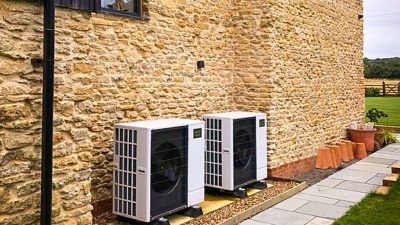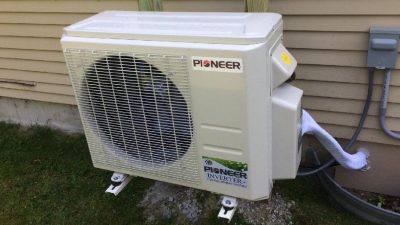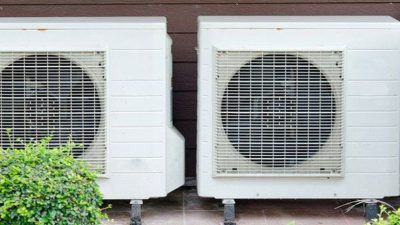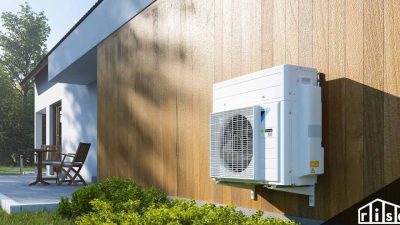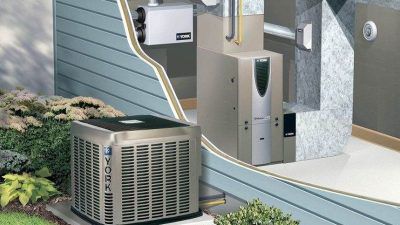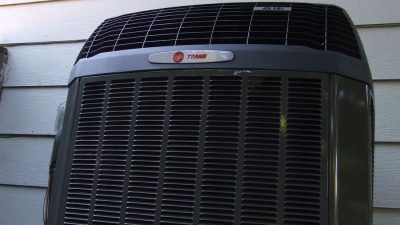Heat pumps are an increasingly popular choice for home and business owners looking to reduce their energy costs and minimize their environmental footprint. But just how long do heat pumps last? With so many innovative options on the market, it can be difficult to know which one is right for you. In this article, we’ll explore the lifespan of a typical heat pump system and help you make an informed decision that fits your needs.
For those looking to invest in a reliable heating system, understanding the life expectancy of heat pumps is key. Heat pumps are designed to provide years of efficient operation with minimal maintenance requirements. However, like any mechanical device, there are factors that can affect the longevity of these systems. From installation quality to local climate conditions, several variables can influence how long your heat pump will last.
We’ll cover all this and more as we discuss the life cycle of a typical heat pump system and provide tips on how to maximize its performance over time. Keep reading to learn more about what you should expect from your new heat pump installation!
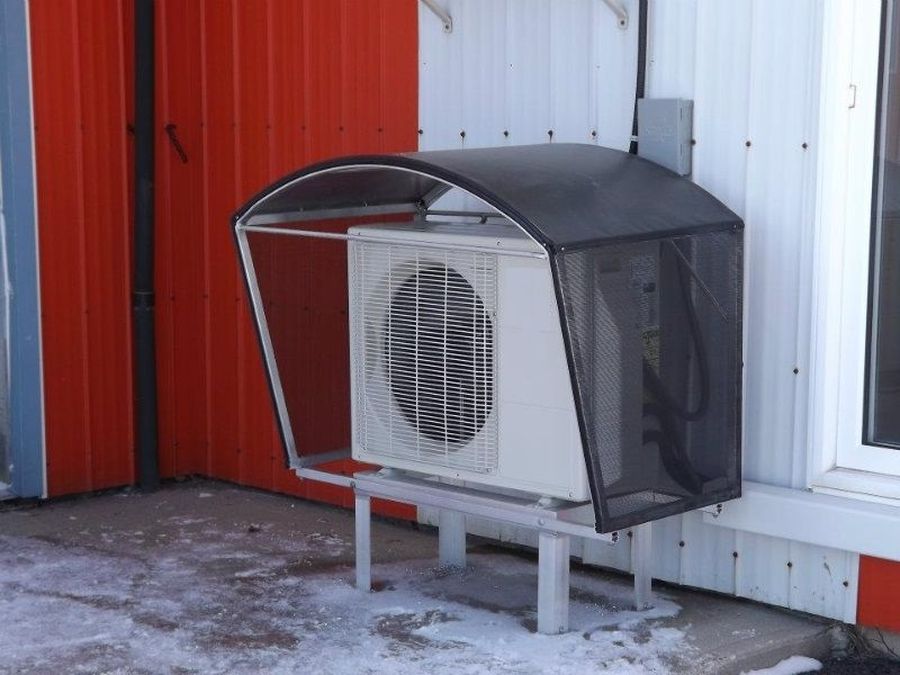
Factors Influencing Lifespan
The lifespan of a heat pump is heavily influenced by a few key factors. Repair costs can be minimized when regular maintenance is performed. Staying on top of routine check-ups helps prevent large, expensive repairs down the line. Temperature extremes can also take their toll on heat pumps, so if your area experiences extreme temperatures, keeping your system running in tip-top shape is even more important. Energy efficiency plays an important role too – systems with higher efficiency ratings tend to last longer than those with lower ratings. The installation quality also has an impact – having a professional install the system according to manufacturer’s instructions will ensure it lasts as long as possible. Finally, its outdoor location should be taken into account – placing the unit in areas with good air flow and away from trees or other objects that could impede its performance will help prolong its life span.
Heat pumps are a great way to keep your home comfortable during all types of weather but taking care of them properly is essential for maximum longevity. Regular maintenance and mindful installation can go a long way towards extending the life of your heat pump, so make sure you get it right!
Maintenance Requirements
The lifespan of a heat pump is greatly influenced by the maintenance and upkeep that it receives. To maximize its operational life, it’s important to ensure that the heat pump gets regular checkups and preventative maintenance. Here are three things you can do to ensure your heat pump lasts:
- Have a professional review the system annually.
- Change filters regularly.
- Clean and inspect any accessible parts on a regular basis.
These simple steps can help keep your heat pump running efficiently and effectively for years to come. Heat pumps require more frequent maintenance than most other HVAC systems due to their unique components and design, so it’s important to keep up with cleaning requirements and regular checkups in order to get the most out of your system for as long as possible. Taking proper care of your heat pump ensures that it will continue to provide reliable performance for many years down the road!
Manufacturer Warranty
Heat pumps are a great way to reduce energy bills and increase comfort in the home. But, how long do they last? The answer lies in the heat pump manufacturer warranty. Heat pump warranties vary between manufacturers, but most provide coverage for at least 10 years.
Manufacturer warranty duration is an important factor to consider when you’re buying a heat pump. It’s also important to know what type of coverage your manufacturer provides and whether there are any exclusions or limitations that may affect your warranty claims. Make sure you read up on the manufacturer warranty information before you purchase a heat pump. This will give you peace of mind knowing that your investment is protected against any potential problems down the road.
By understanding your heat pump’s warranty coverage details and researching different manufacturers’ warranties, you can make an informed decision on which product to buy and ensure that your new heat pump will be providing efficient comfort for years to come.
Average Expected Lifespan
Manufacturer warranties are a great tool to help protect your investment in a heat pump, but they don’t always tell the full story when it comes to how long your heat pump will last. Knowing the average lifespan of a heat pump is an important factor that should be considered before making your purchase.
When it comes to expected lifespans, it’s important to understand that all heat pumps vary and most depend on proper maintenance and upkeep. The average lifespan of a heat pump is between 10-15 years, however, with proper maintenance and regular care, you can expect your heat pump to last up to 20 years or more. Regular maintenance includes things like cleaning the condenser coils, ensuring proper airflow around the unit, checking for refrigerant leaks, and having an HVAC technician inspect and tune-up your system on a yearly basis.
Heat pumps are able to provide energy efficient heating and cooling for many years when properly maintained. Understanding what kind of life expectancy you can expect from a heat pump is key in helping you make an informed decision when purchasing one. So do your research and talk to trusted professionals who can help guide you through the process.
Replacement Options
Replacing an old, worn-out heat pump can be a great way to lower your energy bills while still keeping your home comfortable. But with so many different types of energy efficient heat pumps on the market, it can be difficult to know which one is best for you. Fortunately, there are some key factors to consider when replacing your heat pump that can help you make the right decision for your home and budget.
The cost of a heat pump replacement will depend largely on the type and size of the unit you select. Geothermal heat pumps tend to be more expensive upfront than traditional models, but they offer long-term savings in terms of energy efficiency and reduced maintenance costs. If you’re looking for a more affordable option, there are several high-efficiency air source systems available that can provide excellent performance at a lower price point.
No matter which type of system you choose, it’s important to consider not only the initial cost of installation but also any additional parts or maintenance costs associated with the unit over its lifetime. Heat pump replacement parts can become costly if they need to be replaced often, so it’s important to invest in a reliable system with quality components that will last as long as possible. Doing research on different brands and models before making a purchase can help ensure that you get the most out of your investment.
By taking into account all these factors before committing to a new system, homeowners can make sure they find an energy efficient heat pump that fits their needs and budget without sacrificing comfort or reliability.
When To Replace
When it comes to heat pumps, the question of when to replace them can be a tricky one. On average, heat pumps last between 10 and 15 years with proper use and maintenance. However, many factors can affect this estimate including the quality of the unit when it was installed, how often it is used, and how well it has been maintained over its lifespan. If you are in doubt about whether or not to replace your heat pump, it is best to have an HVAC professional assess the condition of your system and provide you with a replace heat pump cost estimate.
In most cases, signs that your existing heat pump may need replacing include a decrease in efficiency due to age-related wear and tear, frequent repairs that are costing more than you would expect for a new unit, strange noises coming from the unit or any kind of visible damage such as rust or corrosion on the body of the unit. If any of these appear present in your current system, it is likely time for you to consider replacing your heat pump.
Once you have determined that it is time to replace your existing heat pump, there are several options available to you depending on your budget and needs. You can choose from single-stage units if energy efficiency isn’t a top priority but cost savings are; two-stage units if energy efficiency is important but noise reduction isn’t; or variable speed models if both energy efficiency and noise reduction are important considerations. Consider all available options carefully before making a decision so that you get the right replacement for your home’s needs at an affordable price.
Conclusion
In conclusion, heat pumps are a great way to keep your home comfortable year-round. By understanding the factors that influence their lifespan and taking proper care of them, you can maximize their longevity. Ultimately, the average expected lifespan of a heat pump is around 15 years. If it’s time to replace yours, there are many options available that offer high efficiency and low operating costs. With the right selection and maintenance plan, you’ll be able to enjoy your heat pump for years to come.
It’s important to remember that regular maintenance is key if you want your heat pump to last as long as possible. Having it serviced on a regular basis will help catch any potential problems before they become major issues. Additionally, make sure you understand what’s covered under your manufacturer’s warranty so you know when it’s time to replace certain components or the entire unit.
Finally, if your heat pump has reached the end of its life expectancy, don’t hesitate to investigate replacement options. With advanced features and improved energy efficiency, today’s models can help reduce your heating and cooling costs while keeping your home comfortable all year long.

